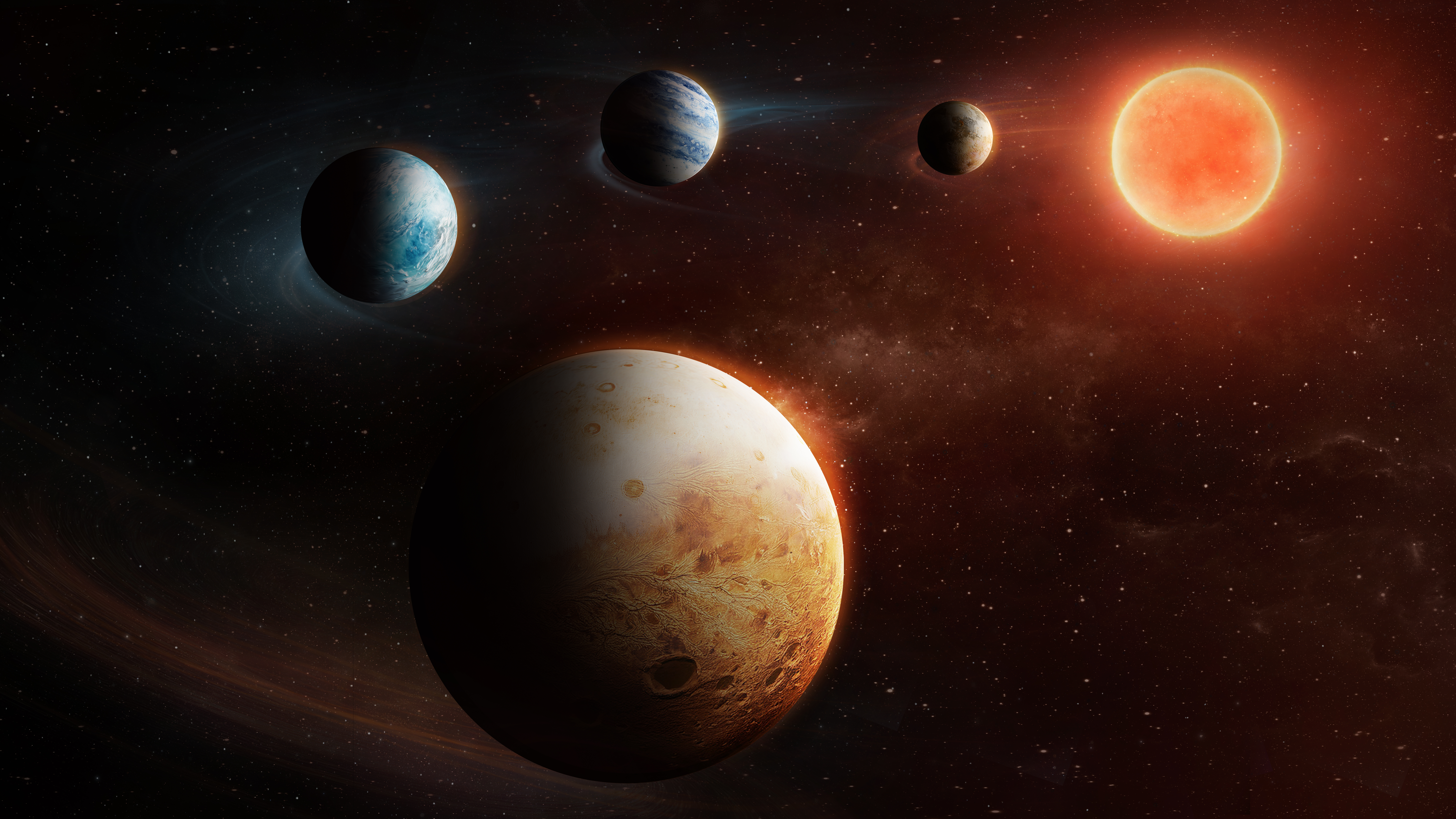
Space philosopher Frank White on 'The Overview Effect' and humanity's connection with Earth
White's "overview effect" has increasingly become iconic for explaining a very human condition attached to the space travel experience.
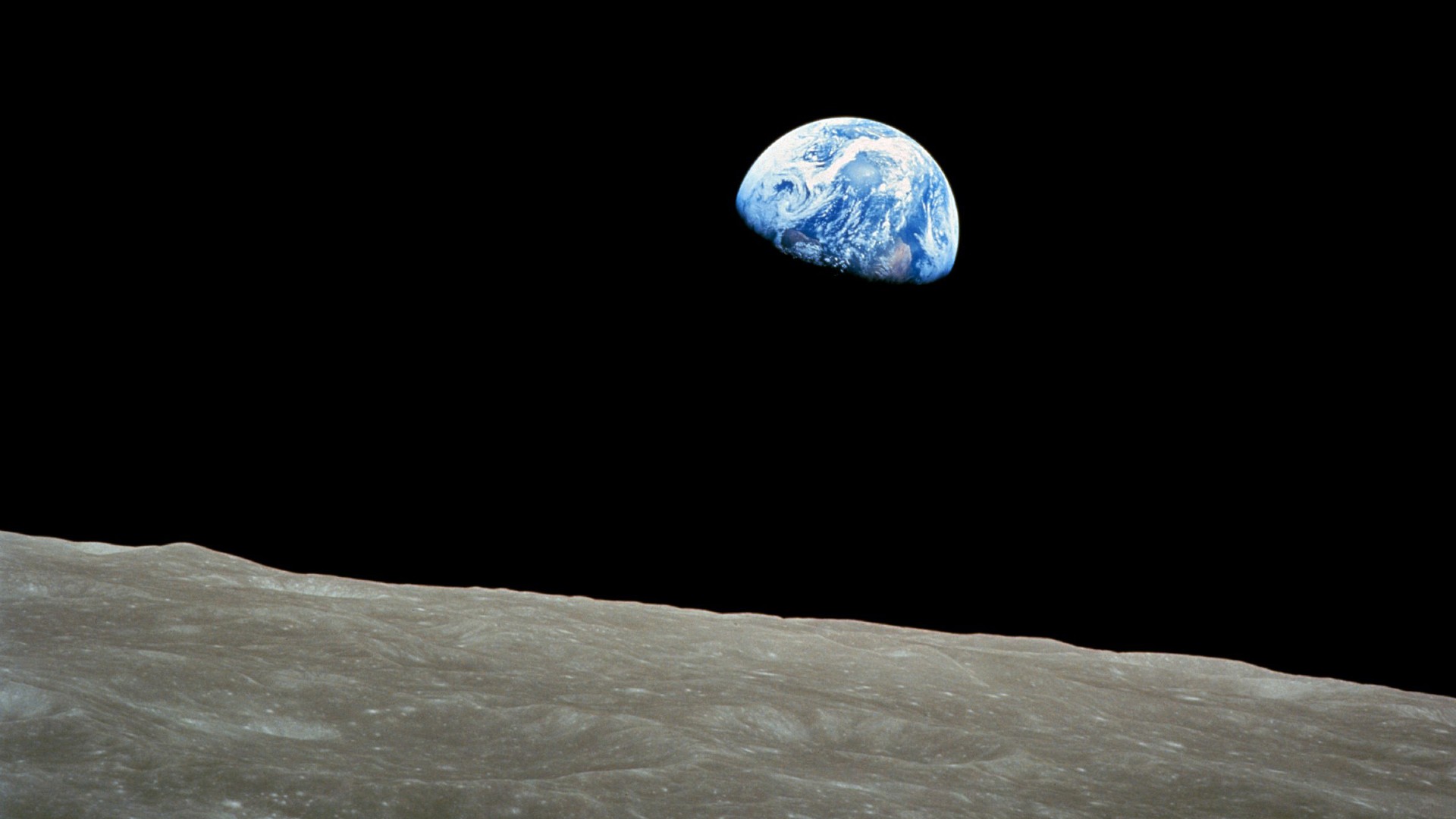
Breaking space news, the latest updates on rocket launches, skywatching events and more!
You are now subscribed
Your newsletter sign-up was successful
Want to add more newsletters?

Delivered daily
Daily Newsletter
Breaking space news, the latest updates on rocket launches, skywatching events and more!

Once a month
Watch This Space
Sign up to our monthly entertainment newsletter to keep up with all our coverage of the latest sci-fi and space movies, tv shows, games and books.

Once a week
Night Sky This Week
Discover this week's must-see night sky events, moon phases, and stunning astrophotos. Sign up for our skywatching newsletter and explore the universe with us!

Twice a month
Strange New Words
Space.com's Sci-Fi Reader's Club. Read a sci-fi short story every month and join a virtual community of fellow science fiction fans!
Since Frank White's seminal book on "the overview effect" found its way into the hands, minds, and consciousness of readers in 1987, that term has increasingly become iconic for explaining a very human condition attached to the space travel experience.
Following the publishing of that influential work — "The Overview Effect: Space Exploration and Human Evolution" — White has added to his collection of space traveler accounts, work that shoulder's his original perception of an individual's inner cognitive shift in awareness that can radiate by seeing the Earth from outer space.
It is clear that there's an undertow to the overview effect. Seemingly, it's a subsurface feeling that stands ready to condition humans for not only booting our way back to the moon, but onward to Mars and then to far more distant destinations.
Space.com caught up with the space philosopher to chat about the origin, present-day, and future implications of the overview effect, and his view that the "Human Space Program" is a central project that will engage all of us in the process of becoming "citizens of the universe."
Space.com: How did the original idea for the Overview Effect come to you?
White: The epiphany that gave me the term came out of working in Princeton with Gerard O'Neill at the Space Studies Institute. I was thinking about living permanently in an ideal community, and what it would be like to see the Earth in the sky every day.
Breaking space news, the latest updates on rocket launches, skywatching events and more!
Space.com: From that understanding, how did the expression take hold in your mind?
White: I was flying across country and looking out the window. It just kind of came to me that people in the future would always have an overview of the Earth. They would see it where everything is related and connected. They would experience the overview effect. So that was the origin of the idea.
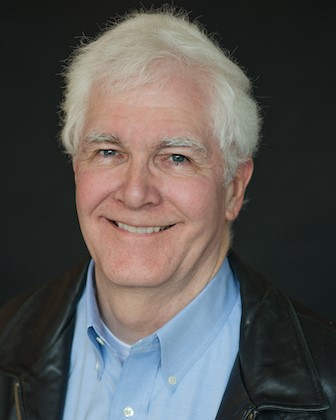
Space.com: And you were motivated to talk to NASA astronauts at that point?
White: I talked to NASA and asked them if I could interview all the astronauts. They didn't think that was possible, but they promised two astronauts if I would come to Houston. They also suggested interviewing retired astronauts, something I had never thought of. So I started interviewing astronauts. I confirmed the hypothesis that there would be something unique about seeing the Earth from a distance. But to my surprise, it wasn't common. So the hypothesis changed a bit.
Space.com: In locking in the term overview effect, what took place then?
White: The actual first use of the term publicly was in my poster in 1985 at a poster session of a Space Studies Institute meeting. The first real explanation of the term was in the first edition of the Overview Effect that came out in 1987. I was fortunate to get a contract with Houghton Mifflin to write the book. By then I had 16 interviews with astronauts and data for my hypothesis that something is happening out there.
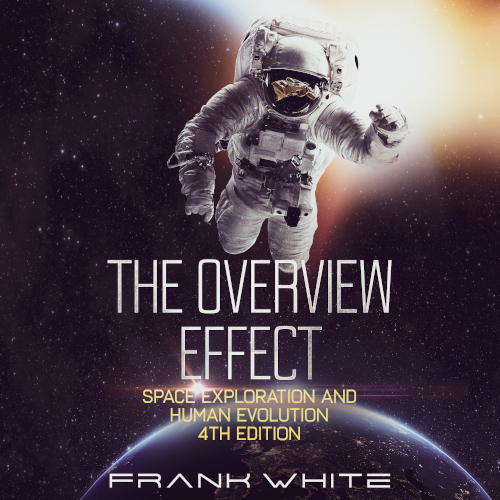
Space.com: What were the first reactions to the book?
White: There was one bump in the road. It was my first book and was titled "The Overview Effect." The acquisition editor really understood the book. He said it was the first justification for spaceflight that was convincing to him. But he came back later on and said the marketing people say we can't call it "The Overview Effect," nobody will know what that means. He asked me if I had a backup title. I was so grateful they were publishing the book, I would have done anything.
I told him one term that I used a lot is "citizens of the universe" and he moved that forward. He later came back to me, a couple weeks or a month later, advising me that the marketing people had actually read the book. They said, obviously, the title is "The Overview Effect." And I said, wonderful. I just don't believe the book would have had the impact it has had without the title being "The Overview Effect."
Space.com: From that point in time, you continued carrying out more interviews?
White: I had a return trip to Houston in 2019. I interviewed 10 astronauts there, some retired, some active. Three were actually on the International Space Station at the time of the interview. I have noticed that the active astronauts were perhaps a little bit more effusive in the way they characterize the experience. More emotion you might say than earlier active astronauts. At that time, perhaps they were a little bit more focused on the science and technology side of a mission.
Also, possibly because the overview effect has become a well-know concept. Astronauts understand that there is this other aspect to spaceflight, which are the feelings and the emotional response.
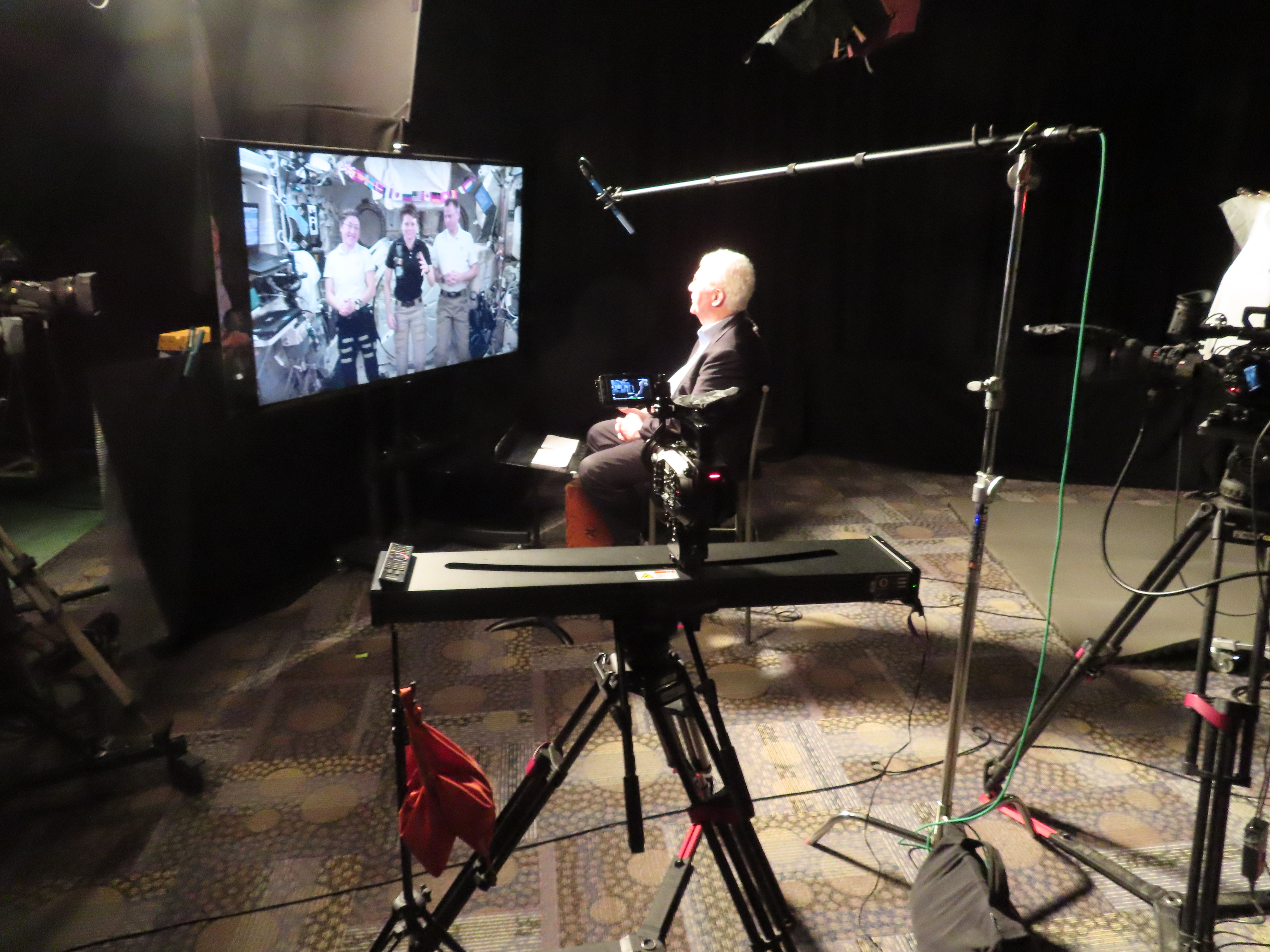
Space.com: The overview effect almost sounds like a medical diagnosis. Why do some get it, others don't?
White: In my interview with Edgar Mitchell, [Apollo 14 astronaut, the sixth man to walk on the moon] he and I talked about the difference between low Earth orbit and the moon. He agreed that there was a difference when you go to the moon in that you get a more universal perspective, looking at the universe and the Earth in the context of the universe. His openness to the experience gave him an extraordinary result. He insisted that everyone who went [to the moon] actually had the same experience of the overview effect … but then it was processed and interpreted through individual world views, individual histories. For Mitchell, his experience was so profound I called it the "Universal Insight."
Space.com: So the more distant from Earth and the longer you're gone, the more impact? If so, what about William Shatner's suborbital Blue Origin flight and how he described his experience?
White: It was a short flight and they didn't go very far. And yet I had people emailing me and texting me that Shatner experienced the overview effect. His mind was blown. I think Shatner confirmed what Edgar Mitchell was saying. I don't think he knew what was going to happen. I think Shatner was open to the experience. I don't believe there is anything automatic about it, as far as how powerful the experience is.
Space.com: Can there be overview effect training?
White: That brings us to the commercial side of space travel. It's a big difference between the original astronauts and the professional astronauts and the people that are going now. They are going with an intention to have an experience. Most of them have heard about the overview effect. They are anticipating having it … and there's a different mission profile, if you will.
I work with Space for Humanity. They are preparing their citizen astronauts for the experience. They are expected to come back and apply the experience to a project on Earth. We're going to learn how to prepare people for being open to the experience.
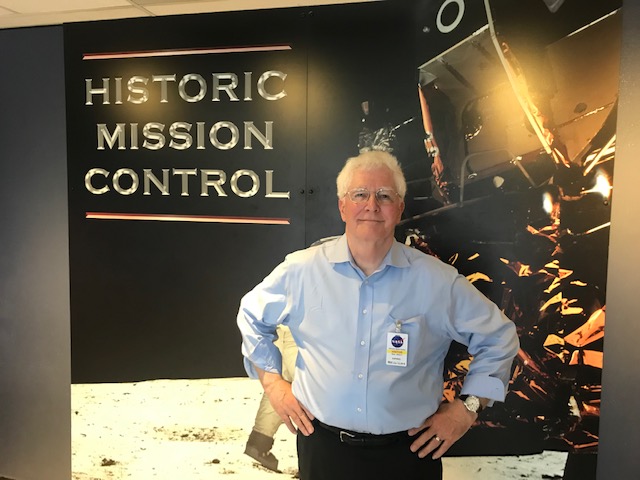
Space.com: For future humans to Mars missions, how impactful could the overview effect become?
White: What we're talking about in spaceflight is continuous changes in consciousness. The view of the Earth from orbit or the moon was the first stage. Seeing the Earth from Mars, I call this the "Copernican Perspective," the awareness of being part of the solar system. The Earth is going to be a point of light. You won't see continents and oceans on Earth. I guess you could call it an extension of the overview effect.
Space.com: And then there's the promise of interstellar travel.
White: Identity is a big part of this in the sense that, as you move further away, and if you don't plan to return, your affinity as an Earthling is going to change. You'll have a different sense of who you are. There are analogies here on this planet. We are a migratory species. People have migrated from one place to another, not planning to go back to where they come from. So their identify changes from being a citizen of one country to being a citizen of a different one.
Space.com: Perhaps contact with other star folk may be a teachable moment related to the overview effect?
White: Certainly a key moment in human evolution is going to be when we have confirmed contact with extraterrestrials, be it through SETI, direct contact, or however it might occur. It could be a very beneficial interaction because they might know a lot more about the universe than we do. It could be a very positive thing. The important thing is to approach it with hope and not fear.
To keep an overview eye on Frank White's ongoing work, go to https://frankwhiteauthor.com/.
Follow us on Twitter @Spacedotcom or on Facebook.

Leonard David is an award-winning space journalist who has been reporting on space activities for more than 50 years. Currently writing as Space.com's Space Insider Columnist among his other projects, Leonard has authored numerous books on space exploration, Mars missions and more, with his latest being "Moon Rush: The New Space Race" published in 2019 by National Geographic. He also wrote "Mars: Our Future on the Red Planet" released in 2016 by National Geographic. Leonard has served as a correspondent for SpaceNews, Scientific American and Aerospace America for the AIAA. He has received many awards, including the first Ordway Award for Sustained Excellence in Spaceflight History in 2015 at the AAS Wernher von Braun Memorial Symposium. You can find out Leonard's latest project at his website and on Twitter.
